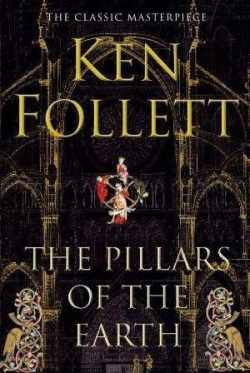Meaghen Buckley
Master’s student
Department of Creative Arts Therapies
Homegoing
Penguin Random House, 2016
By Yaa Gyasi
Homegoing follows two half-sisters and their descendants over 300 years in Ghana and the United States — epic, tragic, hopeful, beautiful.
It made history so real for me, showing the overarching patterns while revealing the complex individual at the centre of each narrative segment.

















